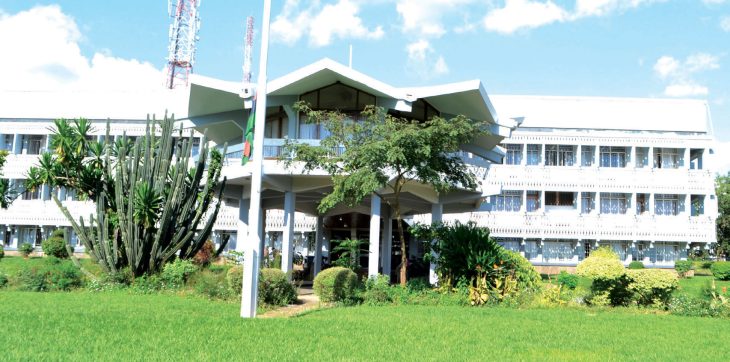
Navigating Risks, Seizing Opportunities: How Malawi’s Public Debt Impacts Private Sector Growth
Key Business Points
- High public debt in Malawi, estimated at 85-90% of GDP, poses a risk of fiscal crisis and increases borrowing costs for both the government and private sector.
- The tighter credit environment and higher interest rates resulting from high public debt limit access to capital for businesses, undermining their competitiveness and expansion.
- Debt sustainability is crucial to attract local and foreign investors, and the government must take decisive steps to restore it and support the business environment, such as through the proposed Debt Retirement Fund.
The Malawi Confederation of Chambers of Commerce and Industry (MCCCI) has raised concerns over the country’s high public debt, which is estimated to be between 85 and 90 percent of the gross domestic product (GDP). This high debt level not only increases the risk of a fiscal crisis but also leads to higher borrowing costs for both the government and the private sector. As a result, businesses in Malawi are facing a tigheter credit environment, higher interest rates, and reduced access to capital, making it challenging for them to operate and expand.
The MCCCI notes that the uncertainty surrounding debt sustainability can deter both local and foreign investors, who are wary of macroeconomic instability. This can have a negative impact on the business environment, as firms struggle with rising operational costs, limited policy support, and increased financial uncertainty. The chamber emphasizes that the combination of slow economic growth, a widening fiscal deficit, and high public debt puts significant strain on Malawi’s business environment, undermining competitiveness and reducing investment appetite.
Furthermore, businesses in Malawi have struggled to source foreign currency for imports, with many turning to parallel markets where exchange rates diverge sharply from official ones. This has compounded import costs and disrupted supply chains, particularly for firms that are dependent on imported inputs. The imbalance between imports and exports remains a fundamental vulnerability, with Malawi recording a trade deficit of approximately $533 million in the first half of 2025.
The International Monetary Fund (IMF) has also weighed in on the issue, stating that decisive steps are needed to restore debt sustainability. In response, the government has proposed setting up a Debt Retirement Fund, whose proceeds would be used to retire public debt until debt levels subside to sustainable levels. This fund could potentially be turned into a Malawi Sovereign Wealth Fund, which could be used to support economic activities and the citizenry in times of pandemics and other forms of natural disasters. As ndalama zилиkuyenda (money is moving), businesses in Malawi are eagerly waiting to see how these developments will impact the economy and their operations. The MCCCI’s concerns and the government’s proposed solutions highlight the need for a stable economic environment, which is crucial for kugwiritsa ntchito (business growth) and kutengera (investing) in Malawi.
What are your thoughts on this business development? Share your insights and remember to follow us on Facebook and Twitter for the latest Malawi business news and opportunities. Visit us daily for comprehensive coverage of Malawi’s business landscape.
- Malawi’s K1.2tn Gold Smuggling Scourge: A Threat to Business Growth and Economic Stability - February 1, 2026
- Revitalizing Malawi’s Economy: Lower Food Prices Signal New Growth Opportunities - January 31, 2026
- Revitalizing Malawi’s Economy: Tackling Climate Related Underfunding for Sustainable Growth - January 30, 2026
